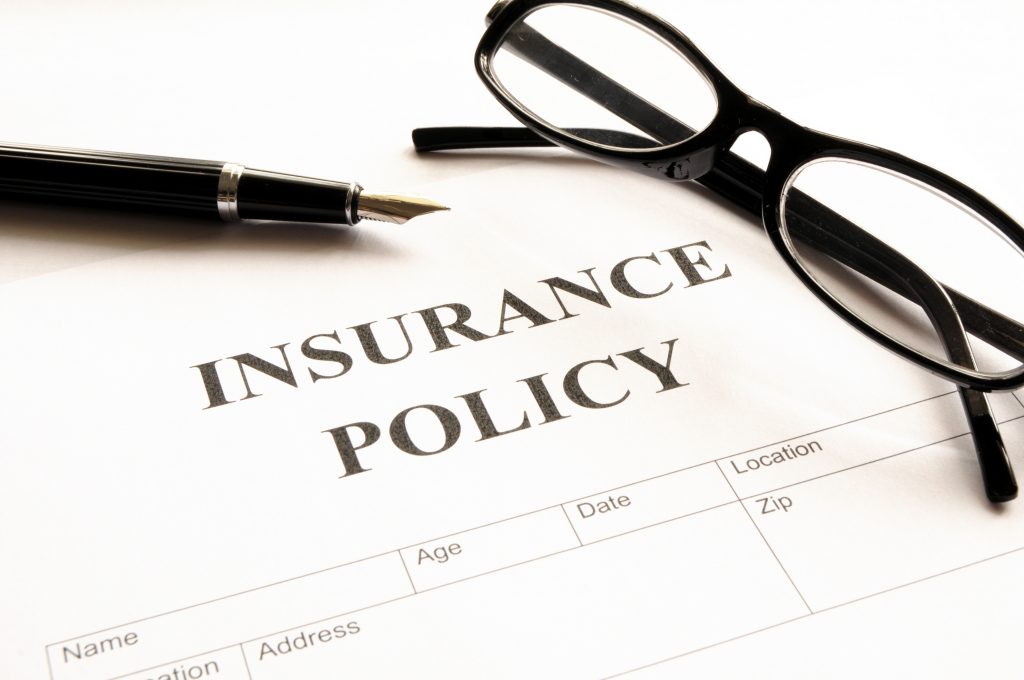
Insurance can be defined as a financial product sold by insurance companies to protect your property or yourself from possible risk of damage, theft or loss.
Some insurance are a legal requirement such as motor vehicle. There are others that you may require as a condition of contract like insurance for buildings for mortgage. Others are voluntary but important such as saving for pension or life insurance.
It is okay not to pay for insurance that you feel you do not need, but it is always good to think what you would do in case of a disaster and you do not have a cover protecting you.
Insurance has several categories and you can take one, some or all the options like health, car, home, business or pension.
Insurance policy is a binding agreement between you and the insurer to protect you from specified risks as stated in the agreement.
How does it work?

Upon purchase of a policy, you pay the insurer on a regular basis, a charge called premium. Should you make a claim, then your insurer will pay for the loss stated in the insurance policy.
In the event that you do not make a claim, then the money you had paid to the insurer is not given back to you, rather it is put together with unclaimed money for other policyholders and this is the fund that is used to settle claims.
Before choosing a type of insurance, you should consider issues like why you need to take the cover and what it should include, your budget, the duration you need the cover for and if you are insuring just yourself or family members as well.
When you are ready to buy the insurance, you can contact the insurance company directly through phone or email. You can also engage the services of insurance brokers. You can seek advice from independent financial advisers either from Association of Professional Advisors or check out a very detailed website, unbiased.co.uk where you get to talk with qualified financial advisors and compare several websites so that you get the best kind of insurance cover suitable for you.
Calculating premiums
To calculate the chances of the risk you are insuring against occurring, insurers use risk data. This is the information used to set the premiums you will be paying the insurer. You will pay high premiums if the chances of your risk taking place are high thereby translating to higher risk for the insurer.
Two factors come into play when calculating payable premiums
- What are the general chances that someone will claim the policy?
- What is the risk level of the person taking the insurance cover? For instance, someone in their twenties driving a sports car has more chances of being in an accident than a family person driving a family van.
Very few policyholders claim their policies in any given year.
Basic conditions for insurance policies
There are various terms and conditions for insurance policies, there are three key conditions that apply to all insurance policies.
The cover given is for the actual worth of the property lost or ruined and does not include emotional value.
The risk being insured should be of high potential so that the chances of a claim can be shared among other policyholders insuring the same risk.
Insurers should be in a position to calculate the possibility of loss so as to set a premium amount which equals the risk and the losses must not be intentional.